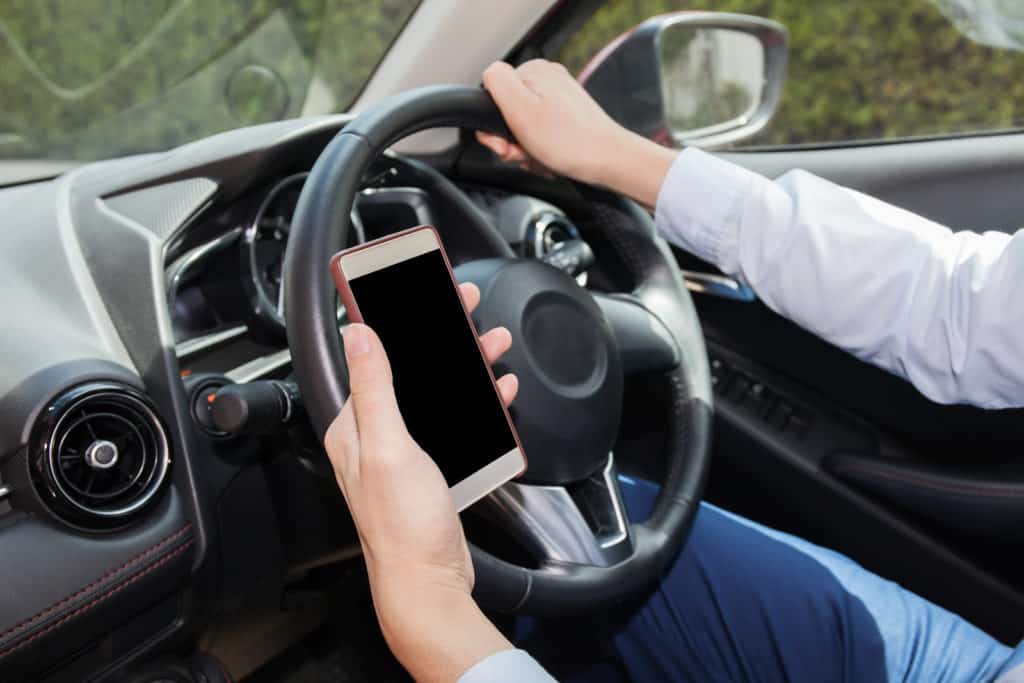The problem of drunk driving receives a great deal of attention from traffic safety officials – and for good reason. When people get behind the wheel after consuming alcohol, it puts everyone’s lives at risk.
The National Highway Traffic Safety Administration (NHTSA) reports that drunk driving is the leading “human choice” factor that causes fatal car accidents in our country. In 2015 alone, alcohol-impaired driving caused 10,265 deaths, or 29 percent of the year’s total traffic fatalities.
However, new information shows that we should focus on another dangerous choice that people make far too often in New York and across the country: Getting behind the wheel when they are too drowsy to drive.
The AAA Foundation for Traffic Safety recently published a first-of-its-kind study which examined the relationship between acute sleep deprivation and crash risk.
As AAA noted in its report about the study, the National Sleep Foundation suggests that adults sleep between seven to nine hours per night. Teens, young adults and people with illnesses should get even more sleep.
When people fail to get those recommended hours of sleep, their risk of getting into an auto accident significantly increases, the AAA study found.
In fact, when compared to people who had clocked at least seven hours of sleep within the previous 24-hour period, people who reported they had slept:
- 5-6 hours had 1.9 times the crash rate
- 4-5 hours had 4.3 times the crash rate
- 4 hours or less had 11.5 times the crash rate.
Based on this data, the researchers concluded:
- The crash risk associated with driving after only four to five hours of sleep is similar to the NHTSA’s estimate of the crash risk connected with driving with a blood alcohol concentration (BAC) of 0.08 (the legal driving limit in New York and across the country).
- The crash risk connected with driving after less than four hours of sleep is similar to the risk associated with driving with a BAC of 0.12 to 0.15.
Get the Sleep Your Body Needs Before Operating a Motor Vehicle
The AAA study highlights the importance of getting at least seven hours of sleep the night before you drive (and if you drive every day, that means getting at least that much sleep every night).
A study published in the Journal of Neuroscience found that sleep deprivation leads to cognitive impairments that affect a person’s ability to make decisions. Additionally, the study found that people who are sleep-deprived tend to make riskier decisions, which can be extremely dangerous when driving.
Another study published by ScienceDaily determined that a lack of sleep can affect memory, ability to perform simply daily tasks and attention span. Furthermore, the study indicated that sleeping only a few hours per night over a prolonged period of time impairs alertness.
Before you drive your car, make sure your body and brain are up to the task. If you are not sleeping well or fail to get your seven hours of sleep per night, consider resting up before you operate your car or consider alternative methods of transportation.


